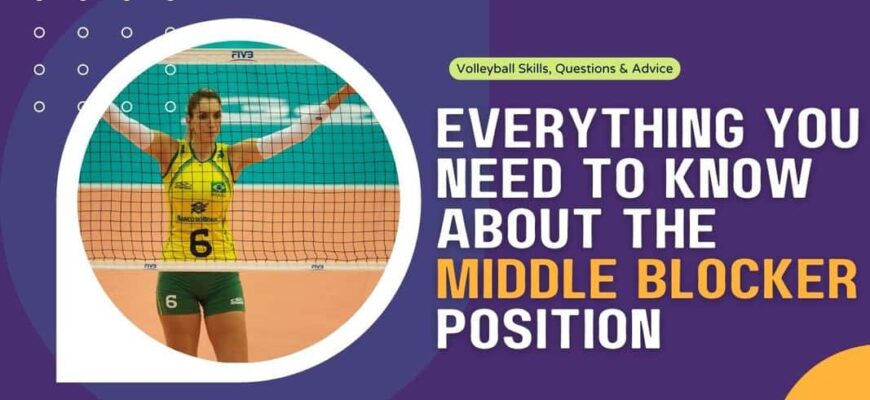Zadar, Croatia – a picturesque locale that recently became the epicenter of a profound shift in volleyball coaching philosophy. The 2025 CEV Coaches Convention wasn`t merely a gathering for tactical discussions; it was a testament to the evolving understanding of athlete development, inviting coaches to reimagine their roles from mere instructors to catalysts for comprehensive growth.
The Coach as a Guiding Sherpa: Eric Hodgson`s Transformative Vision
Eric Hodgson, a voice of clarity in sports education, challenged attendees to abandon the traditional “coach as commander” model. Instead, he presented the evocative analogy of the coach as a “volleyball sherpa,” a seasoned guide navigating athletes through the demanding terrain of their sporting careers. This isn`t about dictating every step, but about enabling the journey.
Hodgson masterfully distinguished between learning and performance – a concept often blurred in the heat of competition. While performance is the immediate, measurable outcome, true learning, he argued, unfolds in the less visible, often imperfect moments: the missed blocks, the tactical missteps, and the subsequent reflections. The scoreboard might tell one story, but the athlete`s internal processing reveals another. His solution? Creating dynamic, game-like training environments. These aren`t just drills; they are complex scenarios designed to force players into problem-solving, fostering an adaptability that transcends rote memorization. It`s about cultivating intelligence on the court, rather than just obedience.
Beyond Technique: Nataliia Klimentova on Holistic Athlete Empowerment
Following Hodgson`s foundational insights, Nataliia Klimentova propelled the discussion toward “The Learning Paradigm,” advocating for a departure from purely skill-focused training. Her message was clear: volleyball is not just a game of technical execution; it`s a crucible for personal development.
Klimentova introduced the fascinating application of personality insights, like the DISC assessment, to coaching. In an age where data often dominates, she reminded coaches that understanding the individual human being — their communication styles, motivations, and natural responses — can unlock deeper connections and more effective inspiration. After all, a team is a complex ecosystem of personalities. Coaches, often seen as master strategists of the game, were challenged to become masters of human psychology, understanding that a player`s mind is as vital as their jump serve.
For Klimentova, training should be a space where athletes are empowered to take ownership of decisions, cultivate resilience in the face of setbacks, and embrace a growth mindset. It`s about developing character under pressure, ensuring players thrive both individually and as an integral part of the team.
The Art and Science of the Setter: Saskia van Hintum`s Masterclass
The spotlight then shifted to arguably volleyball`s most intricate position: the setter. Saskia van Hintum, with her deep tactical acumen, posed a fundamental, almost philosophical question: “How do we create a setter?”
Van Hintum dissected the setter`s role, presenting it as a demanding fusion of technical precision, tactical intelligence, and emotional maturity. This isn`t a position someone simply falls into; it`s a demanding craft forged through deliberate cultivation of vision, timing, and, critically, leadership. She prompted coaches to ponder: When does a player truly become a setter? Is it the moment they perfect their hand contact, or when they begin to orchestrate the game with the nuanced confidence of a maestro?
Her insights underscored that setting is both a precise technical skill and a profound strategic art. It demands high standards, meticulous patience, and an unwavering commitment to developing not just a player`s physical abilities, but their entire strategic mind. In an era where every position demands excellence, the setter remains volleyball`s existential question: are they born or meticulously crafted? Van Hintum posits it`s the latter, a testament to the idea that genius, even in sports, often requires an extraordinary amount of deliberate practice… and perhaps a little less reliance on innate talent.
Day 1 of the CEV Coaches Convention in Zadar concluded with a palpable sense of renewed purpose. The discussions moved beyond the simple mechanics of the game, delving into the profound aspects of human potential, psychological resilience, and the art of true mentorship. As coaches returned to their respective clubs and national teams, they carried with them not just new techniques, but a revitalized philosophy, ready to shape the next generation of European volleyball with a deeper understanding of what it truly means to learn, grow, and empower.









